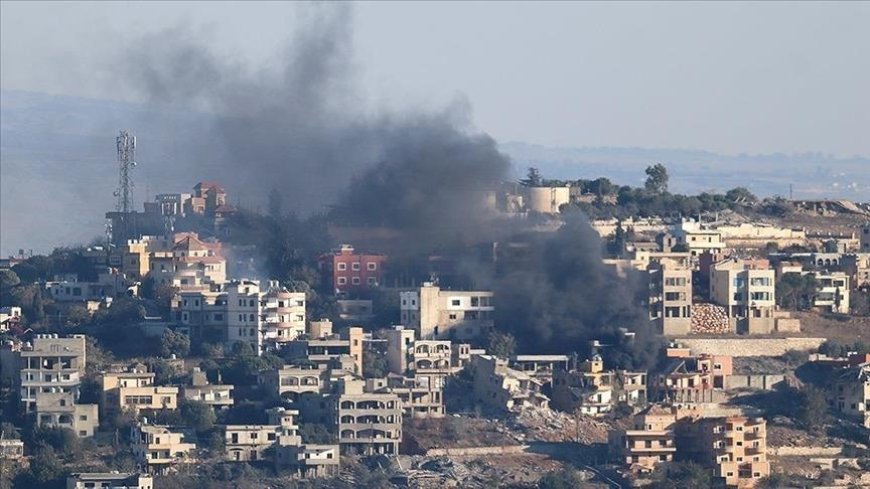World Bank: Israel's aggression causes 8.5 billion dollars in economic losses in Lebanon
A new World Bank report says that since last October, Israel's brutal aggression against Lebanon has caused the country huge economic and material losses.

The report estimates the economic losses suffered by the country at 5.1 billion dollars. He added that additional damage to infrastructure amounted to at least $3.4 billion. The report said losses are "mainly concentrated in the trade, tourism and service sectors, as well as the agricultural sector." The bank said the final cost of conflict-related damages and losses in Lebanon is expected to significantly exceed $8.5 billion.
According to the World Bank, about 100,000 housing units have been destroyed, mostly in southern Lebanon, and about 166,000 people have lost their jobs. He cited trade, tourism, services and agriculture as the main sectors hit by Israel's aggression. The bank also estimated that the Israeli war in Lebanon will reduce the country's real GDP growth for 2024 by at least 6.6 percent.
Since September 23, Israel has increased its air offensive in Lebanon, later sending ground troops. Lebanon's health ministry said Thursday that 33 people had been killed in Israeli strikes in the south and east, with a civil defense official saying an Israeli attack killed at least five firefighters in the Baalbek area. At least 3,365 people have been killed in Israeli attacks in Lebanon over the past year, the vast majority in the past seven weeks, and another 14,344 have been injured, mostly women and children.
The Lebanese government reports that some 1.2 million people have been displaced since Israel began its bombing campaign in the Arab country. This includes many Syrian refugees who have resided in Lebanon since the outbreak of the conflict in Syria 13 years ago. In response to the ongoing aggression, the Lebanese resistance movement Hezbollah has staged hundreds of reprisal attacks against the occupied Palestinian territories and Israeli forces trying to advance in southern areas of Lebanon. The movement has vowed to continue its strikes until the regime ends the escalation.













































